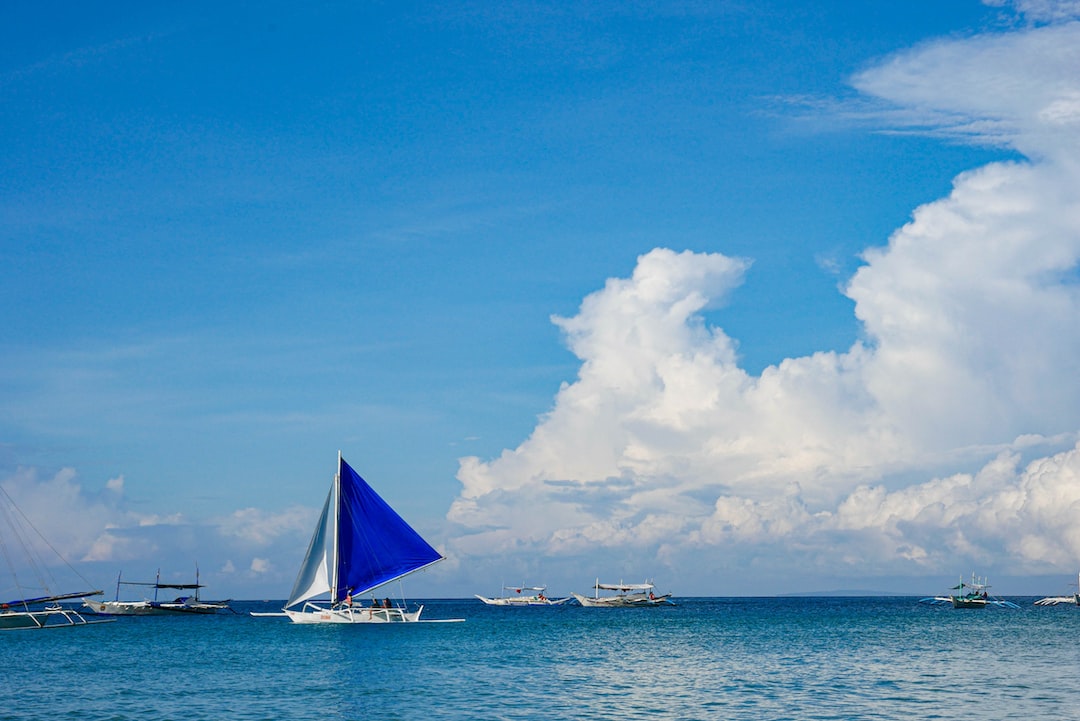Key Takeaways:
– Colonialism in the Philippines refers to the period of foreign domination and control over the country, primarily by Spain and the United States.
– The effects of colonialism in the Philippines are still evident today, impacting various aspects of the country’s culture, economy, and political system.
– The Philippines has a complex colonial history, with both positive and negative consequences resulting from foreign rule.
Subheadings:
1. Introduction
2. Spanish Colonialism in the Philippines
3. American Colonialism in the Philippines
4. Cultural Impact of Colonialism
5. Economic Impact of Colonialism
6. Political Impact of Colonialism
7. Resistance and Independence Movements
8. Legacy of Colonialism in the Philippines
9. Conclusion
Introduction:
Colonialism in the Philippines has played a significant role in shaping the country’s history and development. For centuries, the Philippines was under the control of foreign powers, primarily Spain and the United States. This article will explore the effects of colonialism in the Philippines, examining its cultural, economic, and political impact. By understanding the legacy of colonialism, we can gain insights into the challenges and opportunities faced by the Philippines today.
Spanish Colonialism in the Philippines:
Spanish colonial rule in the Philippines began in the 16th century and lasted for over three centuries. During this period, the Spanish introduced Christianity, established a feudal system, and imposed their language and culture on the Filipino people. The Spanish also exploited the country’s resources, leading to economic inequality and poverty among the indigenous population.
American Colonialism in the Philippines:
Following the Spanish-American War in 1898, the United States gained control over the Philippines. American colonial rule brought about significant changes, including the introduction of a modern education system, infrastructure development, and the establishment of democratic institutions. However, American colonialism also led to the suppression of Filipino nationalism and the exploitation of the country’s resources for American benefit.
Cultural Impact of Colonialism:
Colonialism had a profound impact on the culture of the Philippines. Spanish influence is evident in the country’s language, religion (predominantly Catholic), and traditional customs. American colonialism introduced English as the medium of instruction and popularized American cultural practices. Despite these foreign influences, the Philippines has managed to preserve its unique cultural identity, blending indigenous traditions with colonial legacies.
Economic Impact of Colonialism:
Colonialism had a significant impact on the Philippine economy. Spanish rule focused on exploiting the country’s resources, particularly through the encomienda system and the export of cash crops. American colonialism brought about economic modernization, but it also led to the concentration of wealth in the hands of a few American and Filipino elites. The legacy of economic inequality and dependence on foreign powers continues to shape the Philippine economy today.
Political Impact of Colonialism:
Colonialism also had a profound impact on the political landscape of the Philippines. Spanish colonial rule established a hierarchical system with the Spanish monarch as the ultimate authority. American colonialism introduced democratic institutions but limited Filipino participation in governance. The struggle for independence and the subsequent establishment of a democratic government were significant milestones in the Philippines’ political history.
Resistance and Independence Movements:
Throughout the colonial period, Filipinos resisted foreign domination and fought for independence. The Katipunan, led by Andres Bonifacio, played a crucial role in the Philippine Revolution against Spain. The fight for independence continued against American colonial rule, culminating in the Philippine-American War. The bravery and resilience of Filipino revolutionaries paved the way for the eventual independence of the Philippines.
Legacy of Colonialism in the Philippines:
The legacy of colonialism in the Philippines is complex and multifaceted. On one hand, colonialism brought about significant changes, such as the introduction of Christianity, modern education, and democratic institutions. On the other hand, it also resulted in the loss of indigenous culture, economic exploitation, and political subjugation. The effects of colonialism are still evident today, as the Philippines grapples with issues of poverty, corruption, and cultural identity.
Conclusion:
Colonialism in the Philippines has left a lasting impact on the country’s culture, economy, and political system. The Spanish and American periods of colonial rule have shaped the Philippines’ history and development, with both positive and negative consequences. Understanding the legacy of colonialism is crucial in addressing the challenges faced by the Philippines today and working towards a more inclusive and prosperous future.









